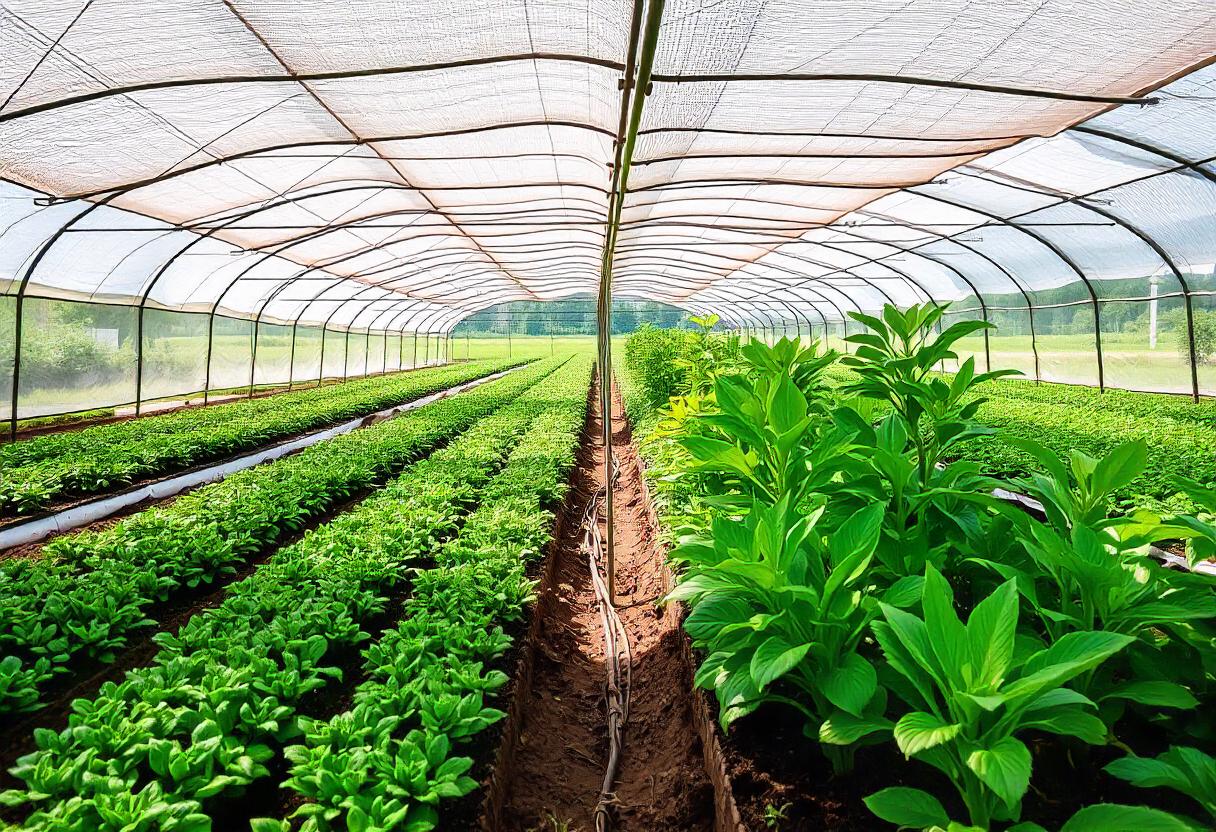
Agriculture and horticulture are both vital sectors in the cultivation of plants and crops, but they differ significantly in scope, methods, and purpose. Understanding these differences helps to highlight the distinct contributions each field makes to the global food supply, environment, and economy.
Scope of Agriculture
Agriculture involves the large-scale cultivation of crops and the rearing of animals for food, fiber, and other products. It includes farming, ranching, and the management of land to ensure a continuous supply of essential resources.
Agriculture covers a broad range of activities, from growing cereal crops like wheat, corn, and rice to raising livestock such as cattle, sheep, and chickens. The aim of agriculture is typically to produce large quantities of food to support populations.
Scope of Horticulture
Horticulture, by contrast, focuses on the cultivation of plants for food, comfort, and aesthetic purposes, but on a smaller and often more intensive scale. It includes fruits, vegetables, nuts, seeds, herbs, flowers, and ornamental plants.
Horticulture is much more specialized and tends to involve careful management of plant growth, often requiring detailed knowledge of plant biology, genetics, and ecology. The goal of horticulture is to maximize the quality and appearance of the plants rather than just producing bulk quantities.
Scale and Production Methods
One of the main distinctions between agriculture and horticulture is the scale of production. Agriculture typically involves extensive land use and mechanized farming methods to cultivate large quantities of crops or livestock. This often includes the use of heavy machinery like tractors, harvesters, and irrigation systems.
In contrast, horticulture operates on a smaller, more intensive scale. Methods in horticulture are often more labor-intensive, with a focus on the detailed care and maintenance of individual plants or small plots. Techniques such as grafting, pruning, and greenhouse cultivation are common in horticulture.
Economic Focus
Agriculture is largely driven by the need to meet global food demand. It is a primary economic activity in many countries and plays a crucial role in supporting economies, particularly in rural areas. Crops and livestock produced through agriculture are often sold in bulk to feed large populations.
Horticulture, while also economically important, tends to focus more on niche markets. The products of horticulture, such as specialty fruits, flowers, or organic vegetables, often fetch higher prices because they are cultivated with quality and aesthetics in mind. This makes horticulture more common in smaller-scale businesses, nurseries, and local markets.
Environmental Impact
Agriculture can have a significant environmental impact due to its large scale. Practices like monocropping, deforestation for farmland, and heavy use of pesticides and fertilizers can lead to soil degradation, water shortages, and biodiversity loss.
Horticulture generally has a lower environmental impact, particularly when sustainable practices are applied. Since horticulture often involves growing a diverse range of crops in smaller plots, it promotes biodiversity and can be more easily managed to reduce waste, conserve water, and limit chemical use.
Role in Human Society
Agriculture plays a fundamental role in sustaining large human populations by ensuring a stable supply of staple foods and animal products. Without large-scale agricultural practices, it would be impossible to feed the billions of people worldwide.
Horticulture, on the other hand, plays a more specialized role. While it contributes to food production, particularly in the form of fruits and vegetables, it also provides aesthetic value through landscaping and ornamental plants. Horticulture contributes to the quality of life by beautifying spaces and improving mental well-being through interaction with nature.